Q&A: Kuipers Leads Poetry Northwest

Poet Keetje Kuipers, the new editor in chief of Poetry Northwest, shares her plans for bringing a sense of play and risk to the Pacific Northwest’s oldest literary magazine.
Jump to navigation Skip to content
Articles from Poet & Writers Magazine include material from the print edition plus exclusive online-only material.

Poet Keetje Kuipers, the new editor in chief of Poetry Northwest, shares her plans for bringing a sense of play and risk to the Pacific Northwest’s oldest literary magazine.

Writers have been cooking up a bright array of foods, from strawberry chiffon cake to Sichuan chili fish, while heeding orders to stay at home during the pandemic.
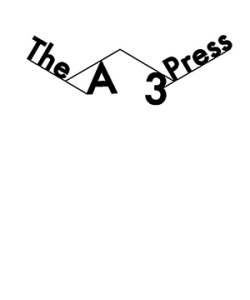
The press publishes immersive, imaginative chapbooks of poetry, prose, and art, which are printed and folded in the style of a map.
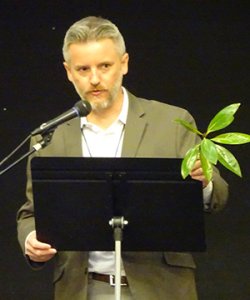
With the spread of COVID-19, organizers of literary events across the United States have devised creative ways to move programming online and build community among writers.
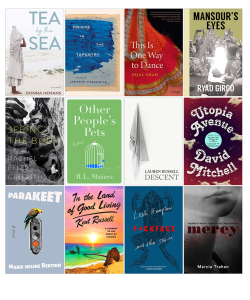
The first lines of a dozen noteworthy books including Seeing the Body by Rachel Eliza Griffiths and Parakeet by Marie-Helene Bertino.

The Book Traces project at the University of Virginia documents annotations, marks, and objects found in library books, creating a record of readers’ engagement with the book as a physical object.

Our annual debut fiction roundup features Ashleigh Bryant Phillips, Jean Kyoung Frazier, Corinne Manning, Megha Majumdar, and John Fram.
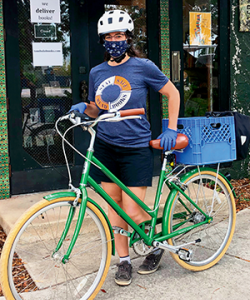
A campaign started by James Patterson has raised more than $1.2 million to help indie bookstores struggling to stay afloat during the pandemic.

The author of the essay collection A History of My Brief Body and the poetry collection This Wound Is a World on five journals that have published his poems and essays.

The freelance critic on her path to becoming a critic, her reading process, and her favorite publications.
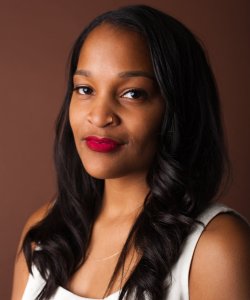
An in-depth look into whether the number of poets represented by literary agents is on the rise, and how agents help poets achieve their career goals.

“The uneven rhythms of grief don’t allow you to do or to feel life as you did before.” —Rachel Eliza Griffiths, author of Seeing the Body

A message to self-proclaimed allies: Actions speak louder than words.
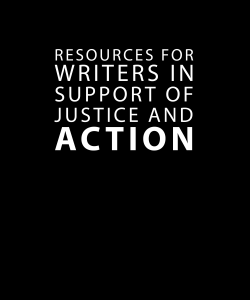
Resources and ideas for fighting racial injustice and police violence, both on and off the page.

Sarah J. Sloat’s Hotel Almighty, forthcoming from Sarabande Books on September 15, 2020.

“What’s most fundamental is being able to listen.” —Lauren Russell, author of Descent
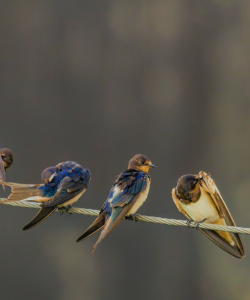
The author of This Is One Way to Dance reflects on using fragments to build a larger structure.

The 2020 National Youth Poet Laureate talks about the intersection of poetry and activism, creativity during the pandemic, and more.
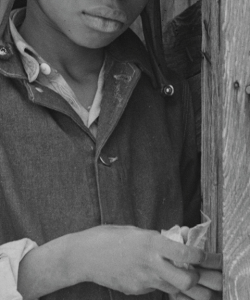
Ross Gay’s Be Holding, forthcoming from the University of Pittsburgh Press on September 8, 2020.

“I have a deeply unhealthy work-life balance in that the Venn diagram of those things is a circle.” —Ilana Masad, author of All My Mother’s Lovers
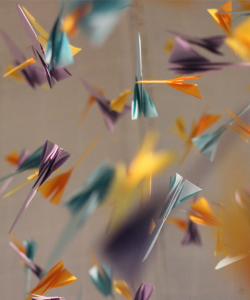
The author of This Is One Way to Dance considers the consonances and dissonances between dance and writing.

Jamie Marina Lau’s Pink Mountain on Locust Island, forthcoming from Coffee House Press on September 8, 2020.
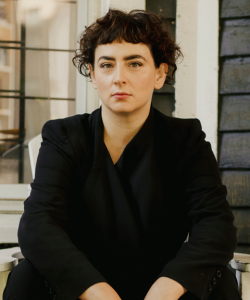
“I’m mistrustful of writing advice in general.” —Kate Zambreno, author of Drifts

The author of This Is One Way to Dance shares how notes—footnotes, codas, prologues, corrections—figure into her writing process.
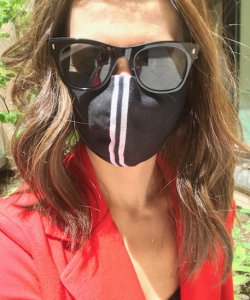
The author of And Then We Grew Up considers solitude, loneliness, and the act of writing in a city hit hard by COVID-19.